Why young women shun the ballot box
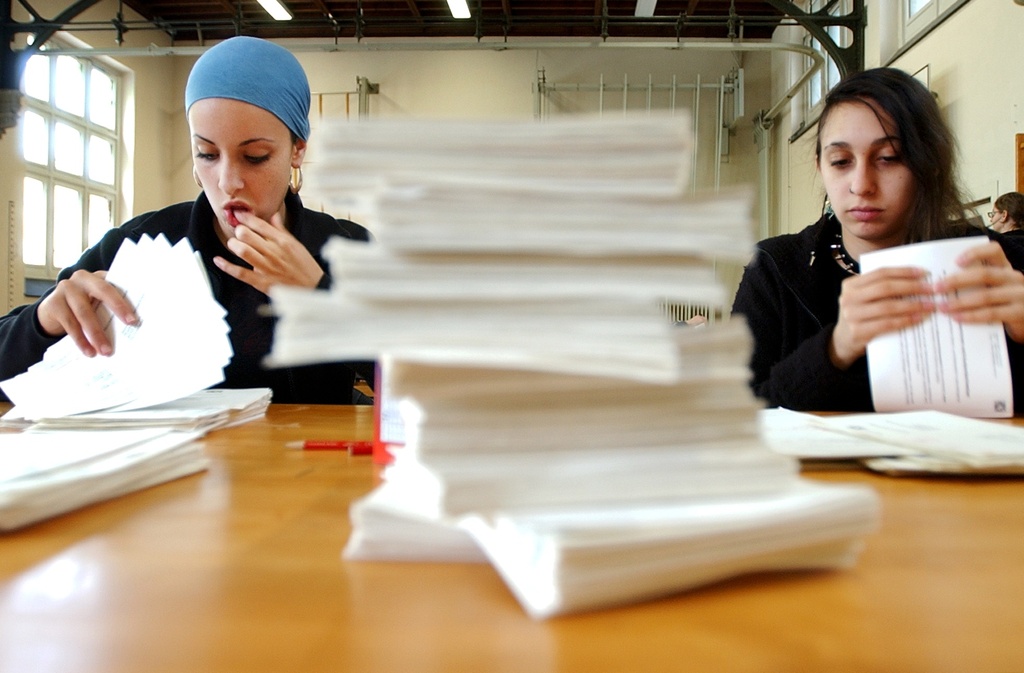
Swiss women recently blew out 40 candles to celebrate gaining the vote at national level. But fewer young women are reportedly exercising this right.
A survey found that since securing the vote in 1971 the number of women aged 18-29 who cast a ballot has fallen by one third from 38 to 26 per cent. swissinfo.ch carried out a mini straw poll to find out why.
The results come shortly before a nationwide vote on Sunday on whether to ban army-issue firearms from households.
In the study commissioned by the SonntagsZeitung newspaper, political scientist Georg Lutz said the drop among young female voters followed a similar downward trend for the Swiss population as a whole, but was “much more pronounced”.
Nineteen-year-old Fitore Duraku clearly falls into the non-voting category.
“I never vote. Why not? I don’t have much time and it’s not that interesting. It’s the people involved, the politicians, rather than politics itself,” the young girl from Geneva told swissinfo.ch.
She is joined by disillusioned Samantha, 21, from Fribourg.
“What’s the point? It won’t change anything. Whatever you vote politicians always manage to pass what they want.”
Being concerned
But many of those who stopped to talk were less categorical. Being directly concerned by the issue is a key motivating factor.
“No, I don’t vote regularly,” said Roxane Samaniego, 19, also from Geneva. “I only vote when I understand what it is we are supposed to decide on, otherwise not. Sometimes they are so difficult to understand. I want to know exactly what it’s about and what it’ll change for me.”
Several people confirmed Lutz’s theory that young women are less concerned by an increasingly brutal political debate.
“I think politics in Switzerland right now are quite difficult and are not really appealing to lots of people, especially women,” said Nicole, 20, an IT worker from Bern. “Some people are just not interested in politics; they think they don’t change anything.
“I think it’s moving too far to the right and it’s the way politicians fight against each other [that put women off voting]. Instead of fighting for a cause, they fight each other.”
Others cite the regularity with which the Swiss public are invited to cast their ballot at national, cantonal, and communal levels on things that they are not necessarily interested in.
Wake up later
Some swissinfo.ch readers had their own theories.
“Just goes to show how lack of real progress for women, indirect oppression and being treated like second-class citizens can eventually stamp out the aspirations of girls,” said EF, Switzerland.
Dr Mo, Switzerland, offered an alternative argument.
“History shows that feminism often skips a generation. It is just as likely that young women vote less, not because they feel discouraged, but because they believe equality has been achieved,” he commented online.
“This might be naive thinking and many of them have yet to face glass ceilings in the workplace, discrimination from the banks, and the difficulties in Switzerland trying to combine work and motherhood. If so, many of them will wake up to politics later.”
Shock
Heseti Ganimete, 27, a student at Geneva University, said she was shocked by the statistics.
“It’s terrible that there has been such a drop. I don’t really understand why – people are less receptive to politics or get too much information. I don’t know,” she said.
“Since I got Swiss nationality ten years ago I’ve voted regularly. It’s great. I think it’s a right that you should exercise all the time.”
Her voice was echoed by a number of others.
“I vote almost all the time. It’s very important to participate; we live in a democratic country so it’s important to vote and influence choices, even though unfortunately they are not always what you think,” said Vanessa, 23, from Geneva.
Gun vote
On February 13 the Swiss will have the final say on a nationwide initiative whether to restrict access to firearms, banning army-issue weapons at home and setting up a national gun register.
“I have already voted on the gun reform. I want my opinion to be heard. In lots of countries people don’t have these rights and I think it is important to take an interest,” said Veronika, 19, from Bern.
Women voters are seen as a decisive factor that could tip the gun vote. In a recent poll supporters still held the edge with 47 per cent, while eight per cent of respondents said they were undecided. But not all are convinced.
“I vote from time to time. It depends on the subject. But weapons at home is not something that affects me directly,” said 18-year-old Asma from Lausanne.
Women voters made the crucial difference in nationwide ballots in the past when they were the key factor in assuring a majority for an initiative on tougher punishment of paedophiles in 2008, for example.
Not all the countries listed below had the same borders at the time as they do today. In many instances women had the right to vote in states, provinces etc, but not at national level. (This was also the case in Switzerland.) The dates refer to the right to vote in parliamentary elections on the same terms as men.
Women still do not have the vote in Saudi Arabia.
1838: Pitcairn Islands
1881 Isle of Man
1893: New Zealand, Cook Islands
1906: Finland
1913: Norway
1915: Denmark (which still included Iceland)
1918: Austria, Canada, Germany, Poland, Russia
1919: Netherlands
1920: Albania, Czechoslovakia, US
1921: Sweden
1928: Britain
1930: Turkey
1931: Spain
1932: Brazil
1945: France
1947: Argentina
1948: Belgium, Iraq, Israel
1949: Syria
1950: India
1956: Egypt, Pakistan
1963: Iran, Morocco
1971: Switzerland
1984: Liechtenstein
(with input from Sophie Douez)

In compliance with the JTI standards
More: SWI swissinfo.ch certified by the Journalism Trust Initiative

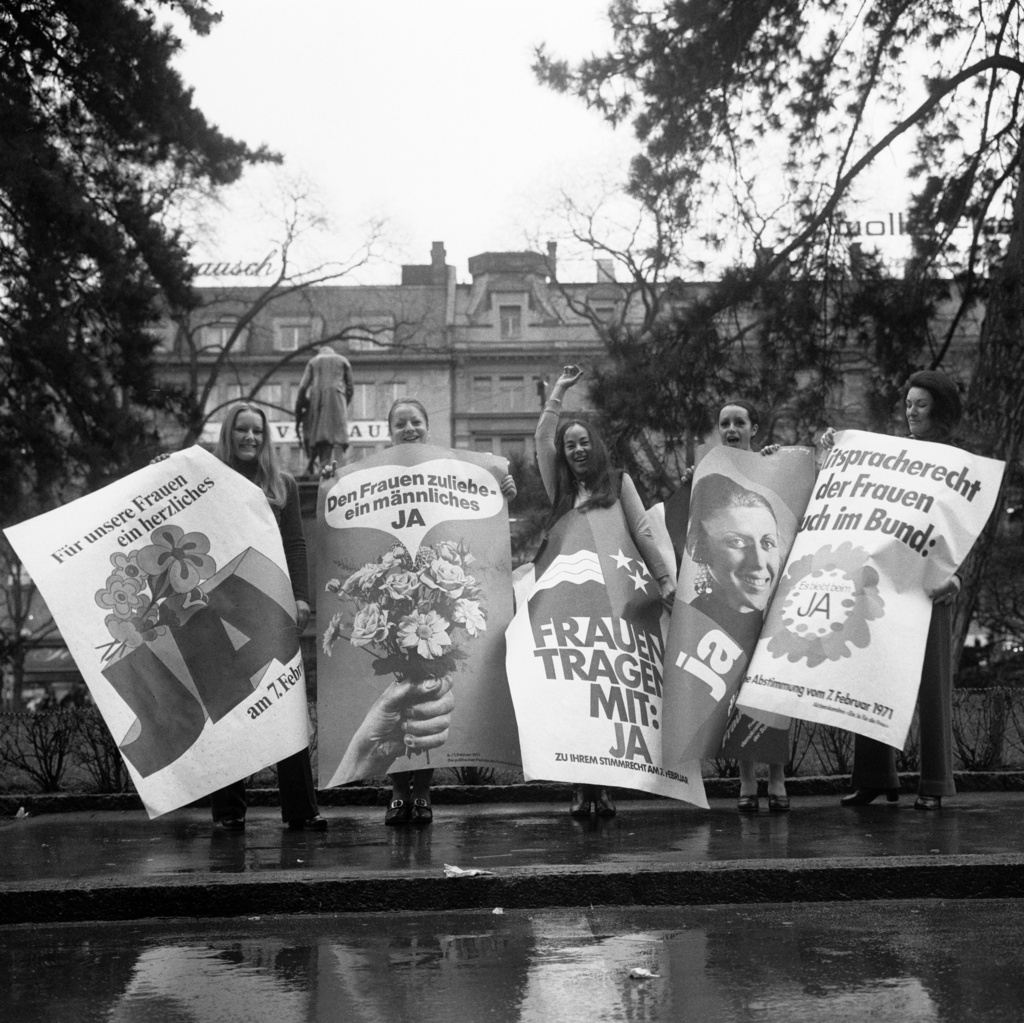
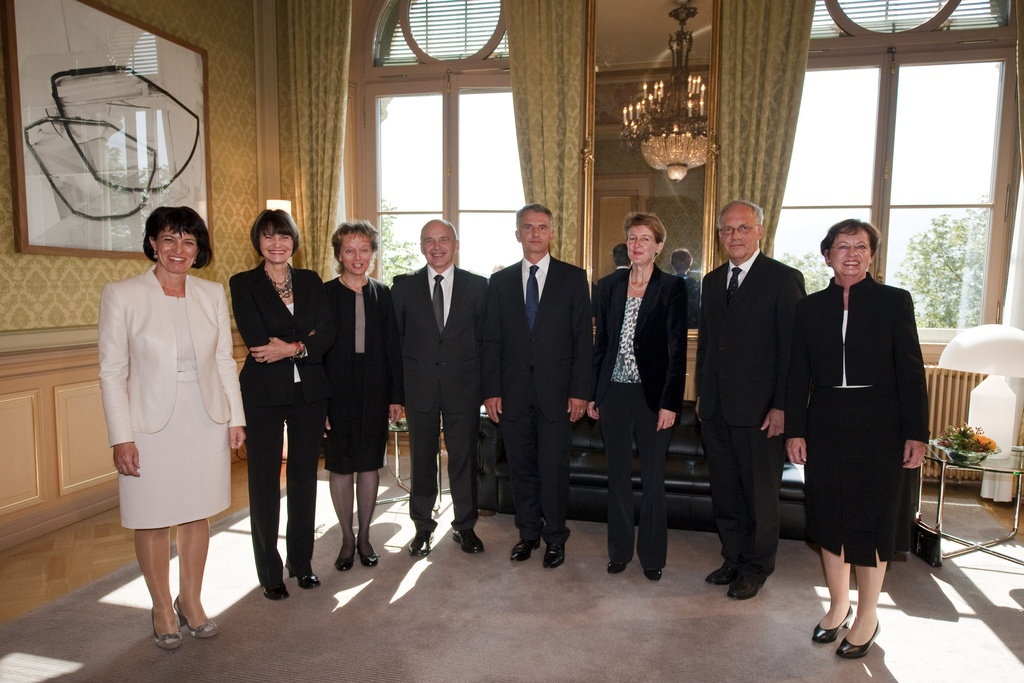
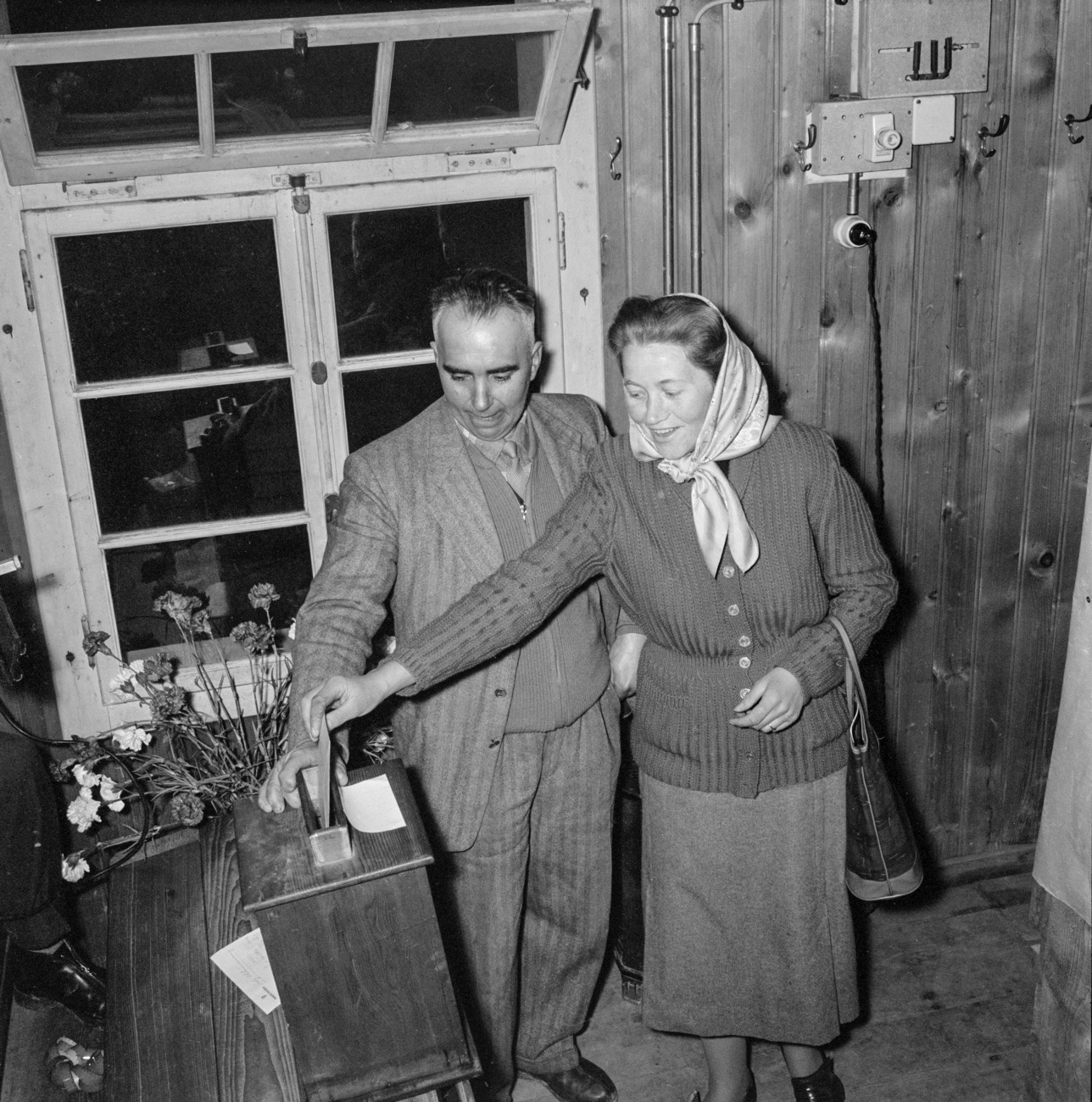
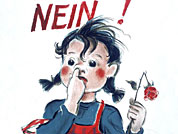
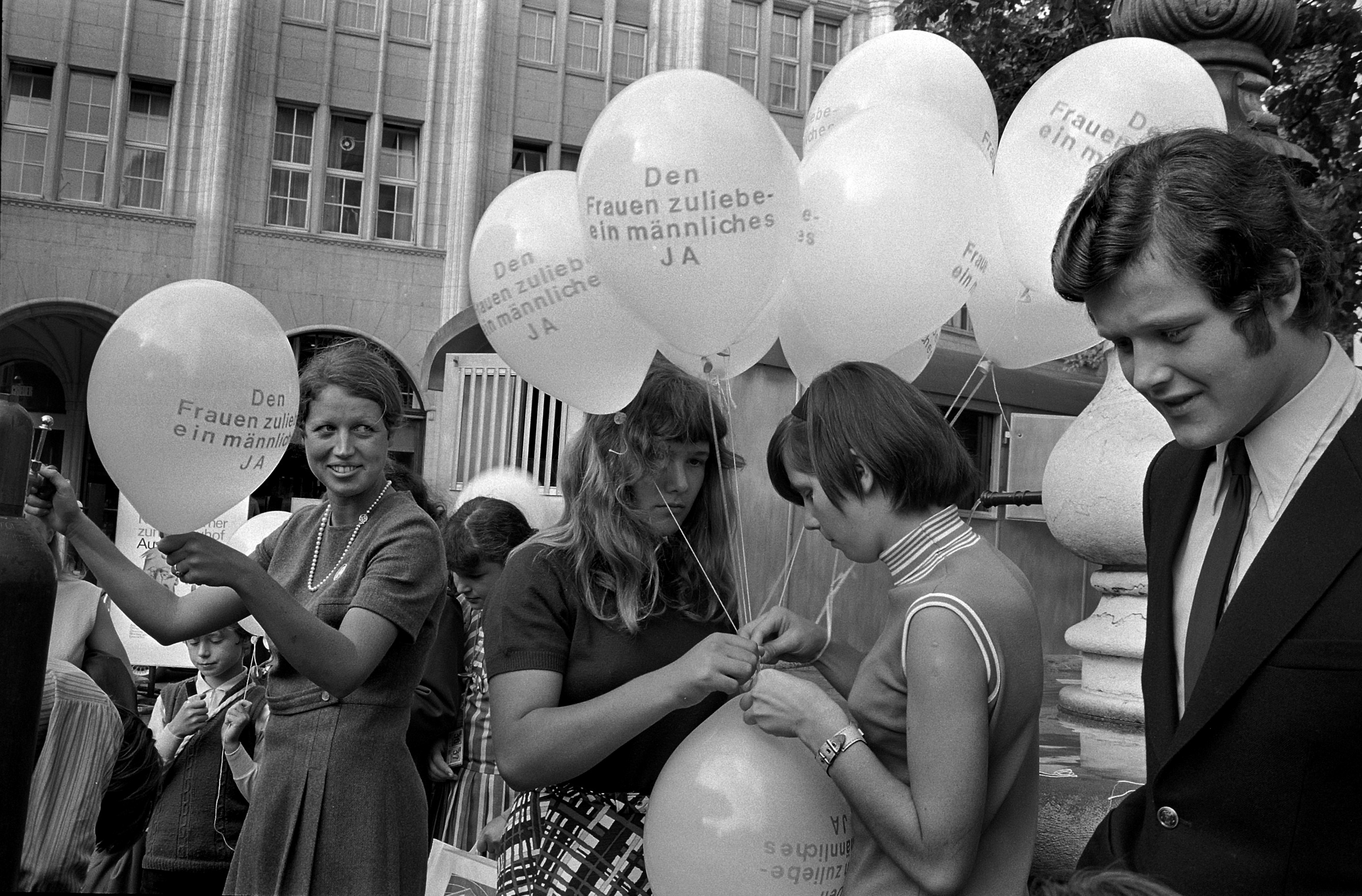

You can find an overview of ongoing debates with our journalists here. Please join us!
If you want to start a conversation about a topic raised in this article or want to report factual errors, email us at english@swissinfo.ch.